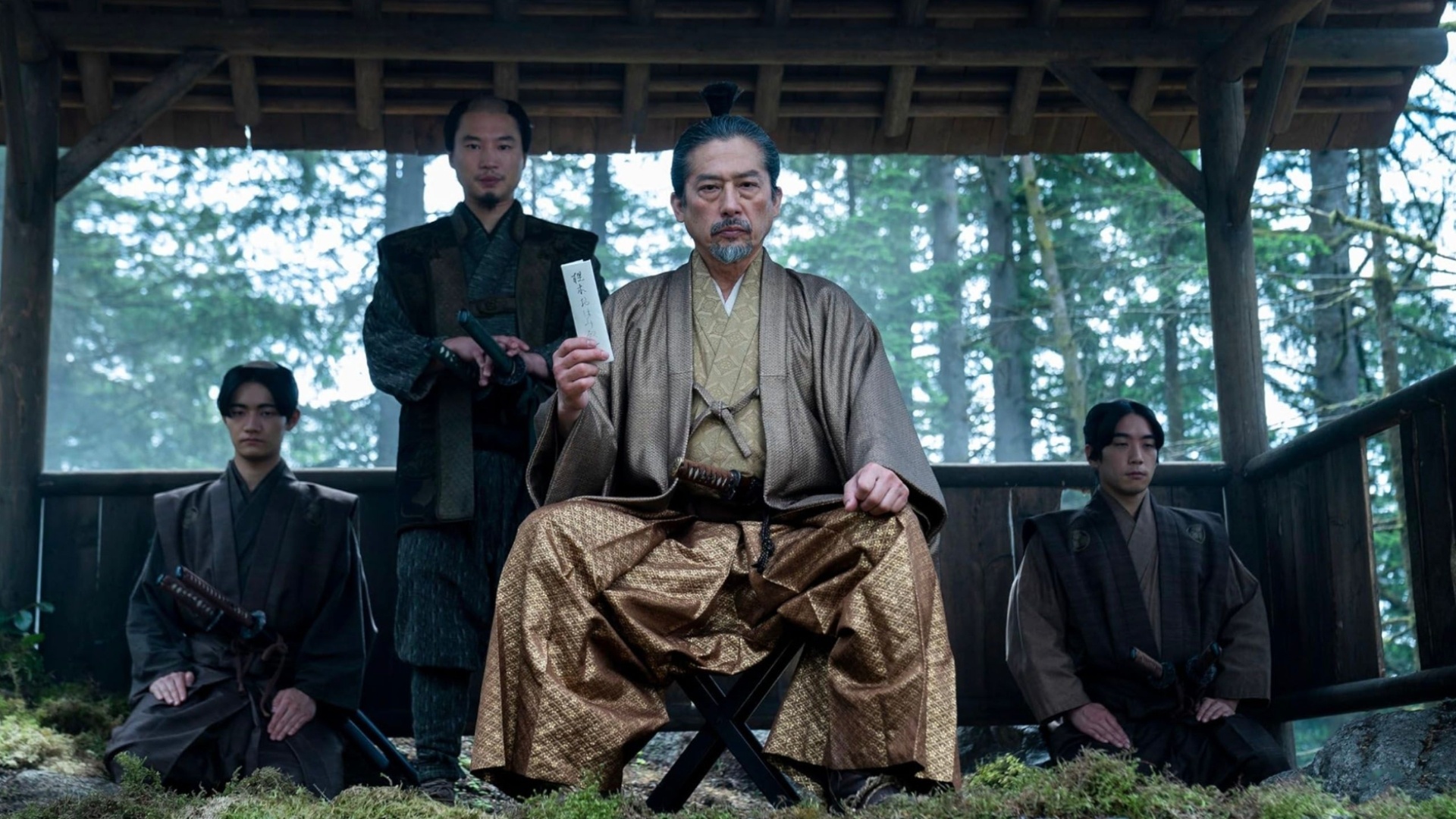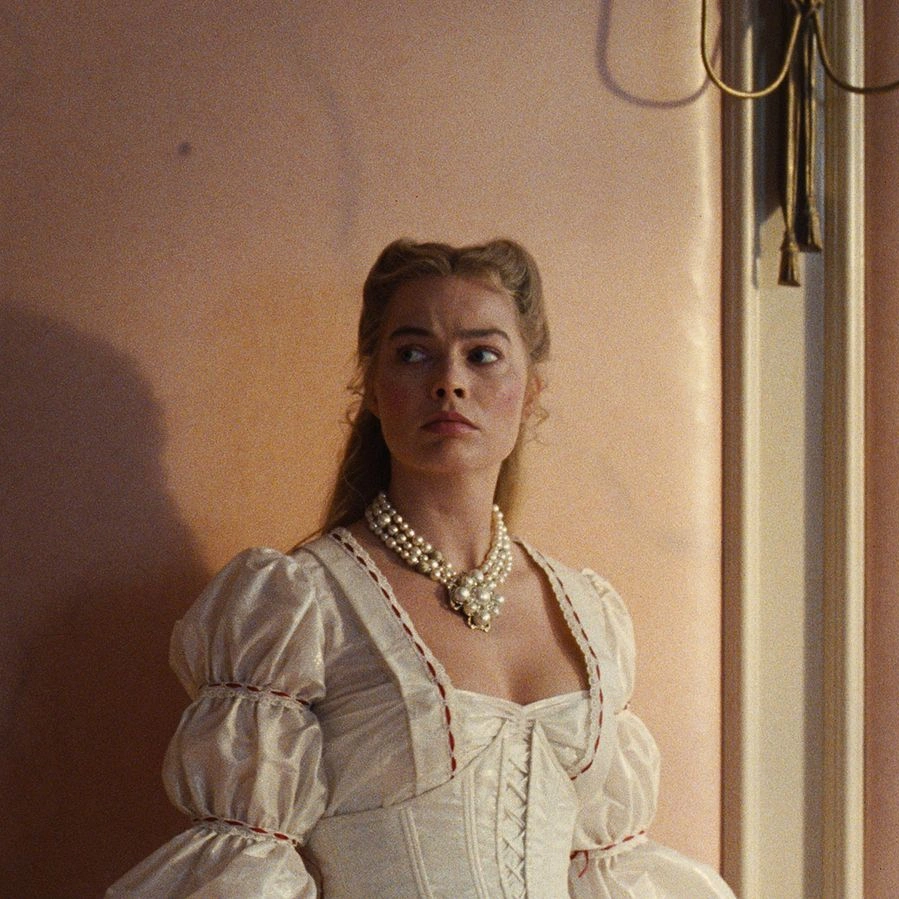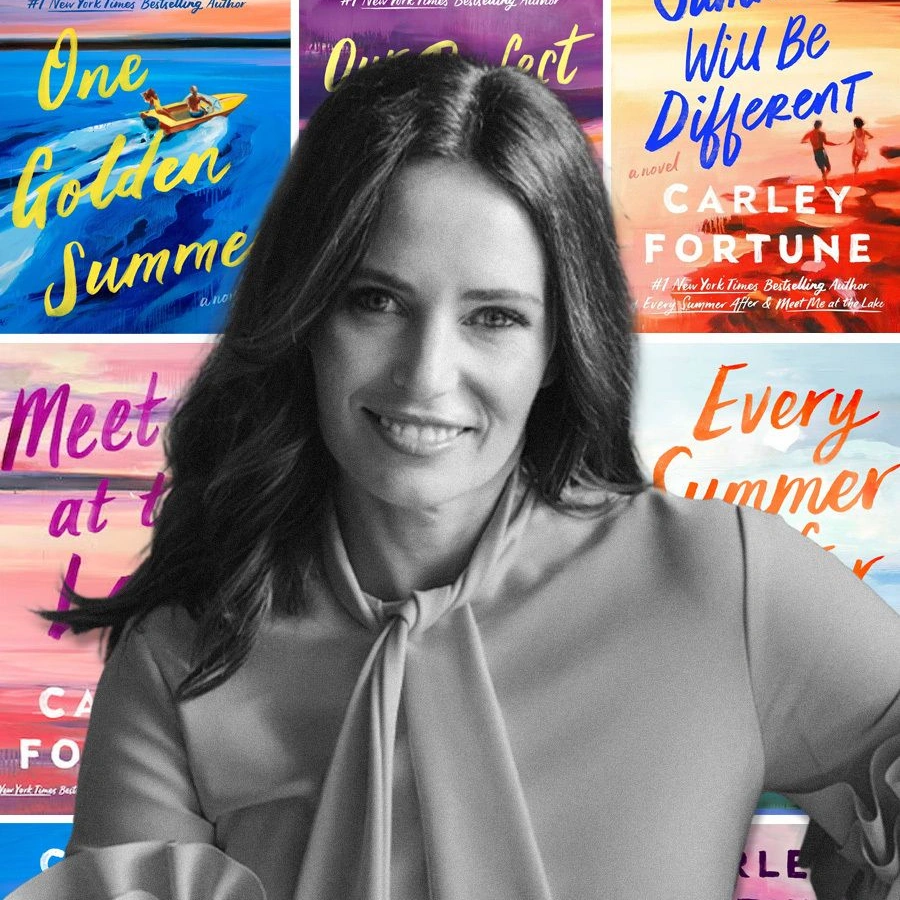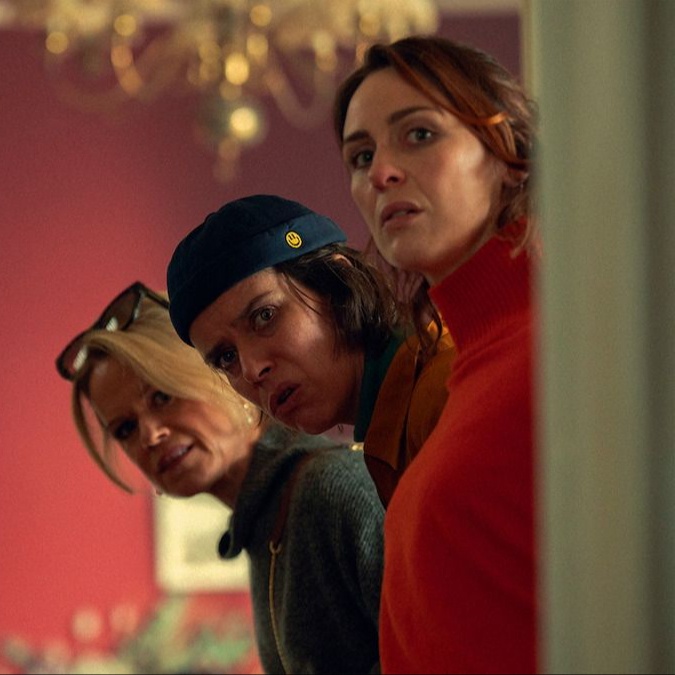If Avengers: Endgame were set in Japan, Thanos would win and be hailed a hero, and we would all be applauding the honourable ending. Why? Because good and bad need not always be black and white. History is mostly painted in a hazy shade of grey. It’s through the filter of time that past events show their true colours. And Japan has been in the business of playing the long game.
Anyone who has visited Japan in recent times knows that the first thing this country does is shatter your customary notions of society and modernity. It confounds you with its contrasts—old values alongside the latest tech; the density of its population yet the politeness of its welcome—and it seduces you with its secrets. Even in the 21st century, Japan does the same things, just differently.

Forgoing notions of good and evil, 'Shogun' paints the events of history in a hazy shade of grey
So does Shōgun, this year’s Emmy-sweeping FX drama series based on James Clavell’s 1975 historical fiction about political intrigue in 17th-century Japan. In its opening scene, a Western ship has to cross the limits of its crew’s endurance and ambition, and drift into the farthest reaches of the seas before the shadowy land of “the Japans” finally reveals itself. However, the fate of these colonialists is not to become champions, but merely pawns on the chessboard that is already in play there.
Shōgun is based on the historical events and figures of the early 1600s, when the death of the Taiko (an interim ruler) sets off a dynastic clash between a council of five regents meant to share power till the child emperor comes of age. The story plays out between a shipwrecked British sailor, the stately Lord Yoshi Toranaga, and Lady Mariko, a high-born woman and Catholic convert who serves as translator, guide, and confidante. While there is no longer a dearth of strong female characters on television today, Mariko impresses with her quiet grit and commitment, and some killer samurai moves.

Alongside killer displays of samurai strength, 'Shogun' touches upon quieter aspects of the human psyche
Where our Hollywood-trained minds have found repeated thrills in the showmanship of superheroes or a misunderstood protagonist out to gain acceptance and inspire awe, Shōgun is a measured ride through Japanese psyche in historical times. Which also gives an insight into contemporary Japan.
The East and the West abide by values that are often polar opposites. While the West values individuality above all else, the East favours compromise for the sake of community. Jeremy Allen White’s Carmy, the tortured protagonist of The Bear, is consumed by his solitary pursuit of excellence and is out to prove his worth to the world. Idris Elba’s character in Hijack needs to save a plane full of hostages in order to save himself. In Shōgun, all characters are expendable in the service of a noble cause. In this, it is comparable to sagas like The Lord of the Rings and Game of Thrones, but it deserves a viewer who’s a notch more discerning.
Shōgun is a slow burn that goes to the third degree. The seppukus (the Japanese ritual of samurai killing themselves) might seem too impulsive, but the goal is the greater good. There are customs that simply cannot be circumvented, honour that needs to be upheld, sacrifices made for survival—but even masterminds of great coups must stop to read the haiku.

The show exalts values of community, duty and sacrifice over Western ideals of individual honour
Shōgun isn’t the first in this space of the multicultural, multilingual television production. The BBC-Netflix crime drama Giri/Haji was one of the first series to switch seamlessly between Japanese and English. Apple TV’s Tokyo Vice, Drops of God, and Sunny followed suit. Pachinko, in its second season now, up this ante with a script in Korean, Japanese and English.
But sweeping a record 18 wins of its 25 Emmy nominations this year, Shōgun scores big on its masterful performances, and on the cinematic conjuring of a majestic Japan out of the mist and the myth. The sets, costumes, and dialogue all build into a TV masterpiece for the ages.
Everything aside, the best thing this series manages to do is to break the mould of a show finale. Without going into spoilers, it’s safe to say that Shōgun smashes it. Don’t expect a Game of Thrones-style showdown. Because Shōgun is not a rock ballad, it’s a haiku.
Shōgun is available to stream on Disney+ Hotstar




